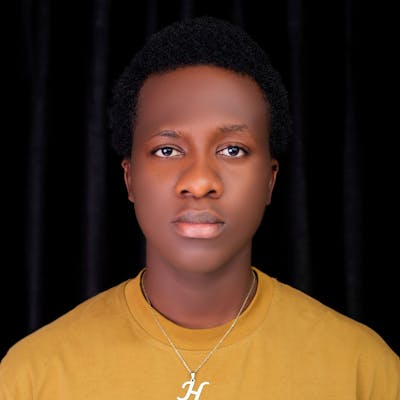Delving Deeper into C: Pointers to Pointers, Multidimensional Arrays, and String Manipulation

As you continue to explore the world of C programming, we'll venture even further into the intricacies of pointers, arrays, and strings. In this article, we'll unravel the mysteries of pointers to pointers, tackle the complexity of multidimensional arrays, and unveil the most essential C standard library functions that empower you to manipulate strings with finesse.
Mastering Pointers to Pointers
Pointers to pointers elevate your memory manipulation capabilities by introducing an additional level of indirection:
#include <stdio.h>
int main() {
int num = 42;
int *ptr1 = #
int **ptr2 = &ptr1; // Pointer to a pointer
printf("Value of num: %d\n", num);
printf("Value of num using pointer: %d\n", *ptr1);
printf("Value of num using pointer to pointer: %d\n", **ptr2);
return 0;
}
Navigating Multidimensional Arrays
Multidimensional arrays offer a structured approach to store and manipulate data with multiple dimensions:
#include <stdio.h>
int main() {
int matrix[2][3] = {
{1, 2, 3},
{4, 5, 6}
};
printf("Element at [1][2]: %d\n", matrix[1][2]);
return 0;
}
Harnessing String Manipulation Functions
Essential C standard library functions for string manipulation empower you to work with text efficiently:
#include <stdio.h>
#include <string.h>
int main() {
char text[] = "C programming is fun!";
char copy[50];
// Copying strings
strcpy(copy, text);
printf("Copied string: %s\n", copy);
// Concatenating strings
strcat(copy, " And informative!");
printf("Concatenated string: %s\n", copy);
// Finding string length
int length = strlen(copy);
printf("Length of string: %d\n", length);
return 0;
}
Conclusion
Your journey into the intricacies of C programming deepens as you embrace pointers to pointers, unravel the world of multidimensional arrays, and master the art of string manipulation using C standard library functions. With each concept, you're adding more tools to your programming arsenal, enabling you to create more sophisticated and efficient code.
As you explore pointers to pointers, you're venturing into more advanced memory manipulation techniques. When dealing with multidimensional arrays, you're gaining the ability to structure complex data. And with string manipulation functions, you're ready to tackle text-based challenges head-on.
Your knowledge of C programming is expanding, and the world of coding is at your fingertips. Remember, the more you delve into these concepts, the closer you get to becoming a proficient C programmer who can tackle a wide range of challenges and create innovative solutions.
Keep pushing your boundaries, keep exploring, and keep embracing the depth of C programming—it's a journey that leads to endless possibilities!
 Leo's Nuggets
Leo's Nuggets